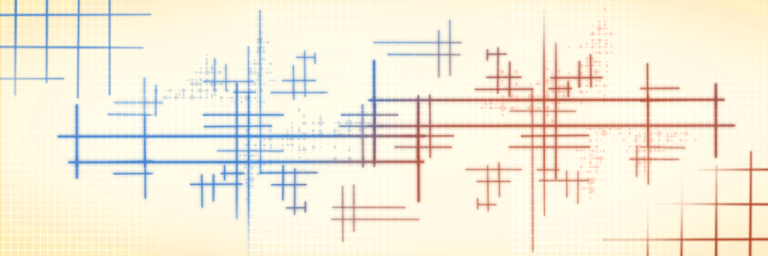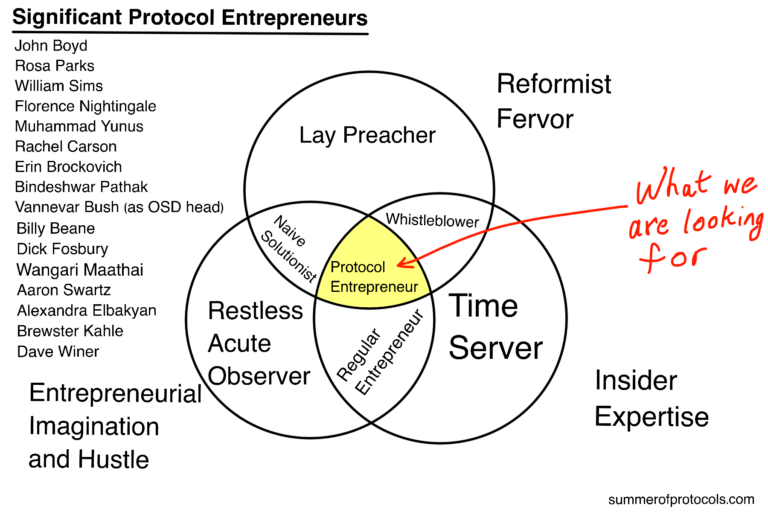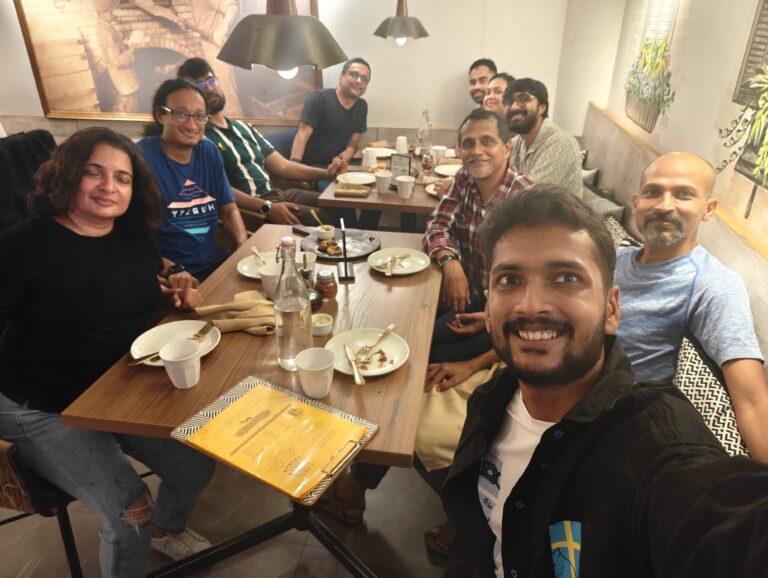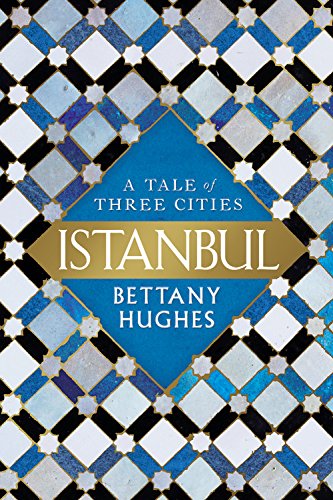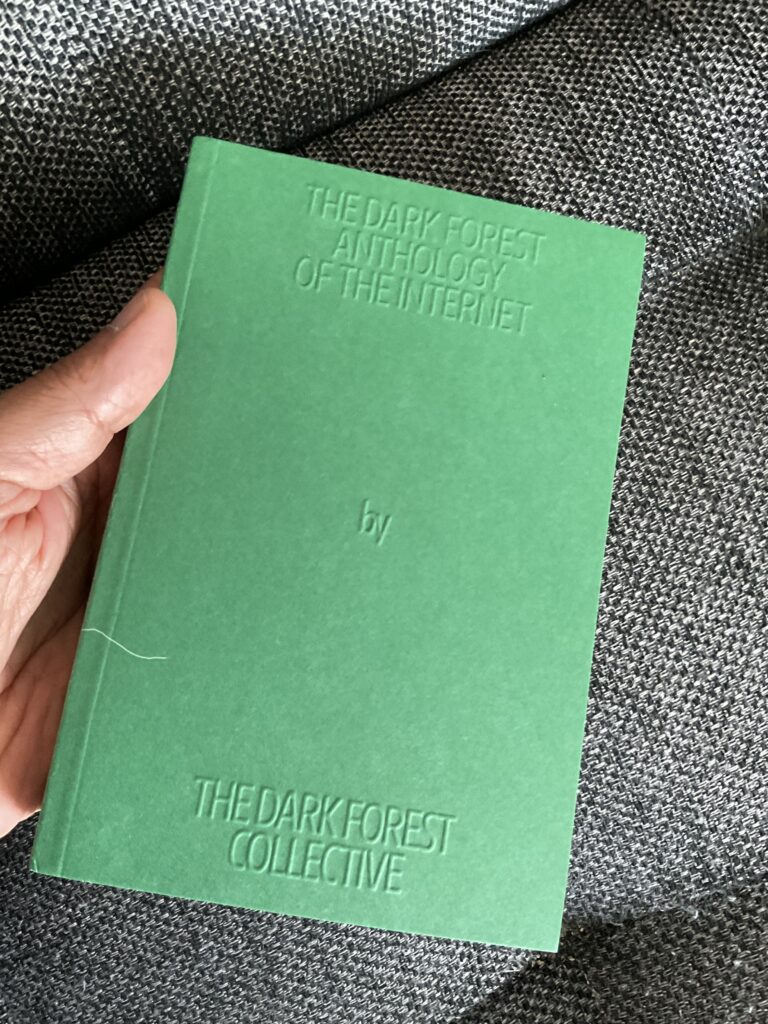Things Become Other Things: Walking, Forgiveness, and Belonging in the Mountains of Japan
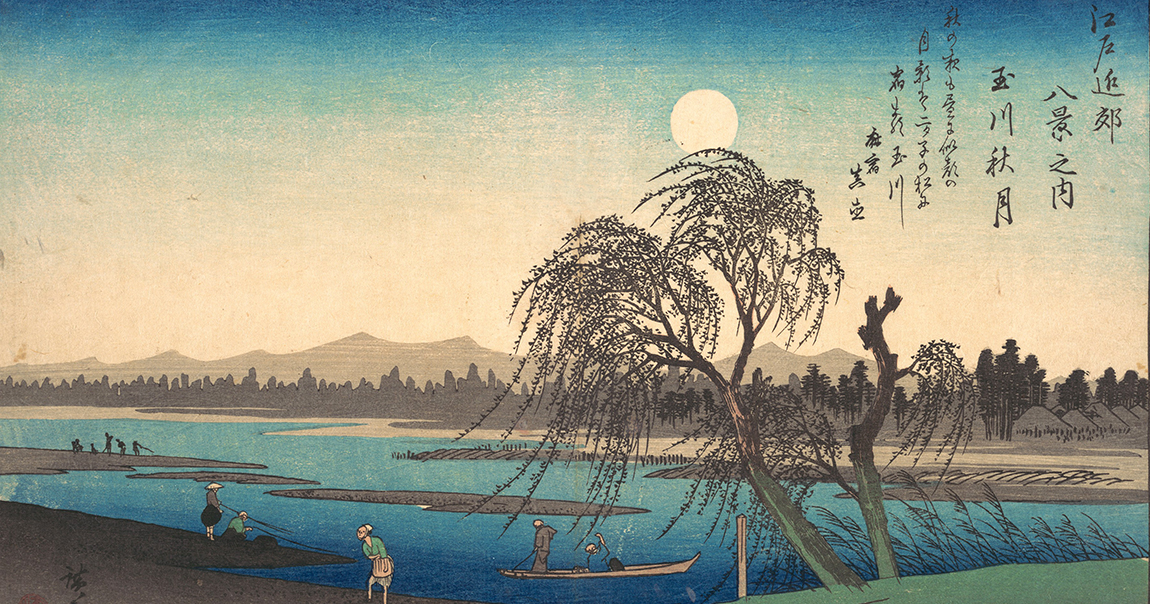
Steps are events, experiments, miniature rebellions against gravity and chance. With each step, we fall and then we catch ourselves, we choose to go one way and not another. The foot falls and worlds of possibility rise in its shadow. Every step remaps the psychogeography of the walker. Every step in space is also a step in time, slicing through the twilight between the half-fathomed past and the unfathomed future — a verse in the poetry of prospection. We walk the world to discover it and in the process discover ourselves.
Craig Mod was nineteen when he moved from small-town America to Japan’s majestic Kii Peninsula and began walking, only to find himself face to face with the questions he had tried to leave behind — what it means to forgive, what it takes to constellate a family beyond biology, how to live with the ghosts that haunt the history of the heart and the history of the world. These questions quiver alive in Things Become Other Things (public library) — part memoir of the search for belonging, part love letter to his childhood best friend, who “bled out on a dirt yard under the stars” when the boys were teenagers, part record of alchemizing loss into a largeness of being by learning “to walk, and walk well, and witness the people along the way.”

Craig considers the primal nature of “this simple impulse to traverse dirt, to push on the edges of what’s known to us,” the strangeness of being impelled “to walk and walk alone and do so for days and weeks and months at a time”:
I’ve come to crave the solitude and asceticism of these solo walks. There is no quieter place on earth than the third hour of a good long day of walking. It’s alone in this space, this walk-induced hypnosis, that the mind is finally able to receive the strange gifts and charities of the world.
In a sentiment evocative of Nabokov’s insistence that “an active and creative reader is a rereader,” he adds:
I’ve come to realize the only true walk is the re-walk. You cannot know a place without returning. And even then, once isn’t enough. That’s why I’m back. Back on the Peninsula. Walking these roads I’ve walked before. It’s only through time and distance and effort — concerted, present effort, controlled attention, a gentle and steady gaze upon it all — that you begin to understand old connections, old wounds. That the shape of once-dark paths becomes clear.
Over and over he confronts the old wound of his origins — carried by “someone nameless, faceless, someone pregnant at thirteen,” raised by a mother whose husband left her shortly after the adoption to become a halfway father flitting in and out of Craig’s childhood, too absent to be a parent, too present to be a stranger. Looking back on the longing to break free from his addiction to anger and blame, Craig writes:
How could I be sure I was free? So I walked. I walk. I walk and I walk and I walk and feel the air of our town leave my cells and be replaced by the air and ideas of a different time and place. The more I breathe this Peninsula air, the more I realize that it would have been so easy to have elevated my father as a child. This shocks me, the first time I feel this on the road: the space in my heart for forgiveness — forgiveness! The moment I felt that was like getting hit in the head with a basketball — a freakish pang, a dull ache in the skull. I almost fell into a bush. I was hyperventilating — realizing my heart had expanded in some immeasurable, beyond-physics way that hearts can expand, and in that expansion I had new space. There’s a word in Japanese that sums up this feeling better than anything in English: yoyū. A word that somehow means: the excess provided when surrounded by a generous abundance. It can be applied to hearts, wallets, Sunday afternoons, and more… This extra space, this yoyū, this abundance… carried with it patience and — gasp — maybe even… love?

Rising from the pages is a prayer for abundance against the backdrop of all that is taken away, an insistence on the possibility of finding beauty amid the ruins of our hopes. As he walks, Craig encounters “moss lush enough to lie down on naked and wilt in reverence”; he watches mountain crabs move like Claymation as they emerge from the wet forest at sunrise “as if birthed by the light of day”; he comes face to face with the unblinking kamoshika — the Japanese goat-like antelope, exuding “an aura of magic in how fast and sure-footed it is,” this most alien and holiest of forest animals; he feels the primal consolation of his own animal nature, this biped whose peripatetic balance has been honed by myriad exquisite evolutionary adaptations, tiny structures shaped over eons to do one thing perfectly, elaborate chemistries mixed in the cauldron of time to translate the laws of physics into flesh:
I think about how a walk begins, with balance, in the ear, vestibular, a few feet above the earth… Endolymph, a potassium-heavy fluid, oozes inside the so-called bony and membranous labyrinthine canals of the inner ear…. inside [which] gelatinous bulbs called cupula, attached to stereocilia, detect the sloshing of our endolymph. The body moves, the endolymph splashes, heeds the laws of gravity. The stereocilia bend and transmit details of the bend — how far, how quickly, which orientation — to the cerebellum, the brain-nugget secreted at the back of the noggin. The cerebellum decodes the signals, translates, makes a follow-up microsecond game plan.
The great reward is that each step can be such a cosmos of complexity and at the same time lead to such simple, elemental truths. Having distilled the core tenet of a good walk to “real-time observation of unfiltered life,” having observed the core tenet of life in the Kii Peninsula — “a pervasive care throughout generations, a sense of knowing your happiness and health are intertwingled with those of your neighbor” — Craig captures an evanescent moment shimmering with the eternal:
Silent morning, abundant sunlight, abundant life. Thinking about this care. Water in the fields rippling in the wind. Mountains of Kii all around, a silent sloshing in my head, keeping the sky up and the ground down.

Traversing these enchanted landscapes via historic routes and backroads, passing through small towns vanishing before his eyes with depopulation, staying in thousand-year-old temples, he meets and walks with people who end up becoming family — father-figures, brother-figures, elderly innkeepers who put the hardest truths in simple words annealed in the hearth of living. One tells him of the young woman who wandered in years earlier looking for work and turned into a daughter. “Time passes, life moves, and that’s what happens,” the old man tells him. “Things become… other things.” Looking back on half a lifetime of walking his own way to belonging, Craig reflects:
Somehow as an adult I’ve managed to attract and surround myself with these people, these beacons of good… I love them so much that my bones ache — ache because I know I’ll lose them someday. I will follow them anywhere. Together we walk in the near-frozen morning air and the sun rises. Light works its way across the rippling peaks of the Peninsula. Feeling returns to hands, to feet, to hearts. The mind moves once again. We carry our lives on our backs and traverse the spine of the world, no humans for miles, no routes down, just forward or back, the beast below always shifting, always ready to heave us off.

donating = loving
For seventeen years, I have been spending hundreds of hours and thousands of dollars each month composing The Marginalian (which bore the outgrown name Brain Pickings for its first fifteen years). It has remained free and ad-free and alive thanks to patronage from readers. I have no staff, no interns, no assistant — a thoroughly one-woman labor of love that is also my life and my livelihood. If this labor makes your own life more livable in any way, please consider lending a helping hand with a donation. Your support makes all the difference.
newsletter
The Marginalian has a free weekly newsletter. It comes out on Sundays and offers the week’s most inspiring reading. Here’s what to expect. Like? Sign up.
What's Your Reaction?
 Like
0
Like
0
 Dislike
0
Dislike
0
 Love
0
Love
0
 Funny
0
Funny
0
 Angry
0
Angry
0
 Sad
0
Sad
0
 Wow
0
Wow
0
